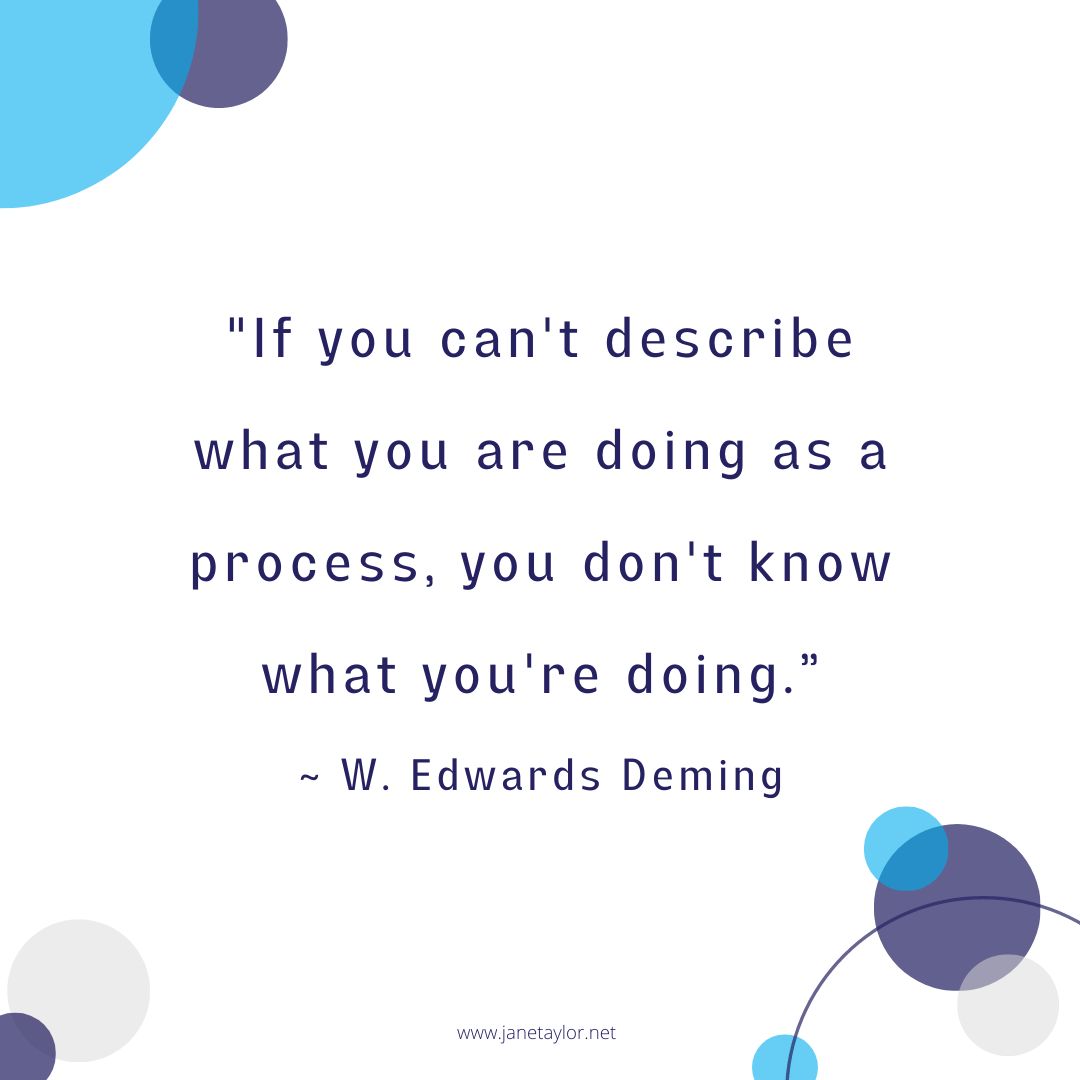7 Tips for Building Systems in to Your Current Life

One thing I am grateful for are the systems in my life. They make life easier and help me connect with the flow. As a CS on Extended DISC, it also helps me function more effectively and efficiently. However, there were times in my life where I didn’t trust myself enough to keep doing what I was doing and follow the systems I had in place. Subsequently, today I wanted to share with you –
- Why Build Systems in to Your Current Life?
- What is a System?
- 7 Tips for Building Systems in to Your Current Life.
Why Build Systems in to Your Current Life?
There are many reasons for developing systems, including –
- Increasing personal effectiveness and self-management – time and energy gets lost deciding what to do next (i.e. procrastination),
- Increasing the use of your energy (i.e. efficiency) – energy gets wasted moving between tasks (i.e. phone calls require a different energy to e-mails),
- Decrease the number of interruptions – when you have systems in place, you know what needs to be completed and can block off your time and then decrease interruptions during that time.
- Increased focus on priorities – do you ever do more than is required or maybe even waste time completing extra things (i.e. “I’ll just do this then….”)?
- Increased clarity and decrease overthinking – by having systems in your life you are clear on the next step as you have invested time in creating the system and only put the essentials there.
- Increased sense of control – when you have systems, you start to identify what you can control and what you cannot and this is powerful place to live your life from.
- Decreasing problems or challenges – by putting systems in place, you can deal with small problems or challenges, before they become bigger ones, which then decrease the number of problems or challenges you have
What is a System?
Basically a system is a repeatable process. However, there are many definitions on systems, including –
- “a set of things working together as parts of a mechanism or an interconnecting network; a complex whole” ~ Google
- “A system is a way of working, organising, or doing something which follows a fixed plan or set of rules” ~ Collins Dictionary
- “a set of connected things or devices that operate together” ~ Cambridge Dictionary
- “A system is a network of interdependent components that work together to try to accomplish the aim of the system. A system must have an aim. Without an aim, there is no system. …A system must be managed. The secret is cooperation between components toward the aim of the organization. We cannot afford the destructive effect of competition.” ~ W. Edwards Deming
- “A system is a whole that consists of parts, each of which can affect its behaviour or its properties.” and “Systems behaviour is determined by the interaction of the parts, not the parts taken separately.” ~ Dr Russell Ackoff
7 Tips for Building Systems in to Your Current Life
Convinced systems are going to be a useful addition to your life? If so, you might want to take in to consideration the following 5 times for building systems in to your current life –
1. Know What You Want to Systemise
Before you start to build a system, identify what you want to systemise. It could be something that takes a lot of time (i.e. preparing tax), something that challenges you (i.e. cooking) or something that happens regularly (i.e. waking up and your morning routine). For example, is it your money and finances? If so, what is it about that area of your life that needs systemising? Maybe it is the tracking of income and expenses, or paying expenses? Deciding what to systemise helps create clarity.
2. Know the Purpose of the System
Once you have decided what you are ready to systemise, identify the purpose of the system. You may like to ask yourself the following questions – Why do you need the system? What purpose is the system going to serve? What is the goal of the system?
3. Decide on the Essentials
Now you have decided on the what and the why of your system, you can decide on the how. What are the essential steps in your process? What is not essential? Write down the steps in the process and then make sure your system is as efficient as possible.
4. Identify Your Needs
Identifying your needs up front helps you to implement the system with clarity and certainty. What do you need to complete the system? Do you need to purchase anything? Other people to help you?
5. Track Your Progress
Tracking your progress helps you stay focused and see the changes happening in your life. How will you know you are on the right track with your system? What will be happening in your life?
6. Ensure the System is Teachable
When I was growing up, one of the things that struck me about McDonald’s was the young people working there and getting the food out on time. Their systems are teachable. This helped me understand the benefits of systems in my own personal and professional life and when I create a system I also document the process, so I can ensure the system is teachable.
7. Set a Review Date
Set a review date for each system. This way, you can check if the system is meeting its purpose. Then after you have reviewed it, set the next date.

Over to You…
I hope this post has helped you identify some tips to start building systems in to your current life. Any questions, please ask below!
If you are ready to take yourself on the adventure of getting to know yourself (your true self), why not join the Toolkit? A place where I share tools, inspiration and ideas to live a courageous and openhearted life.
